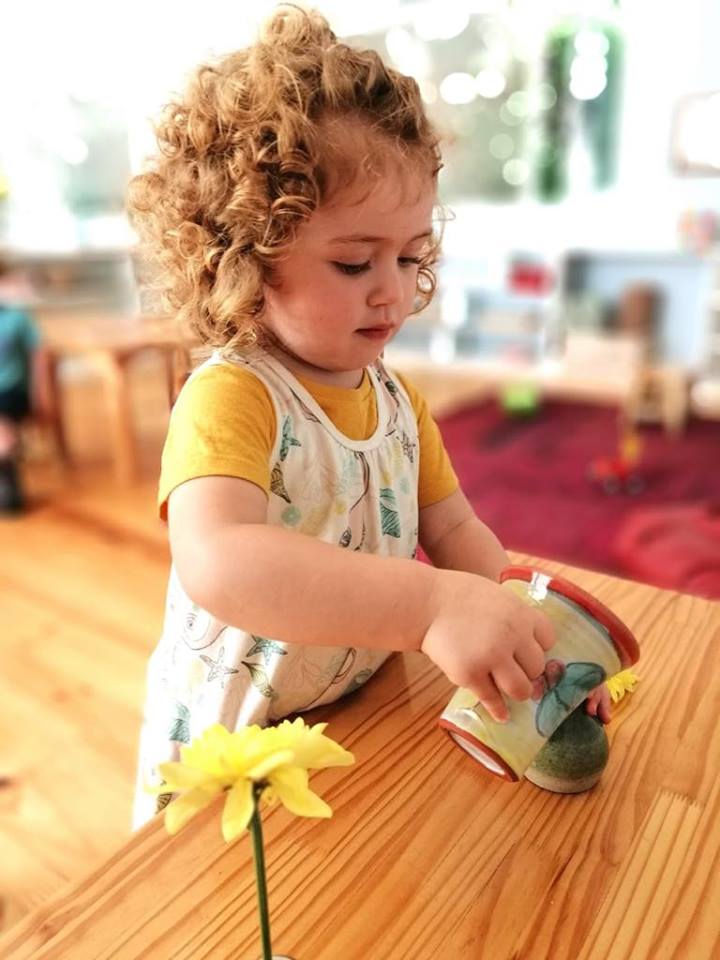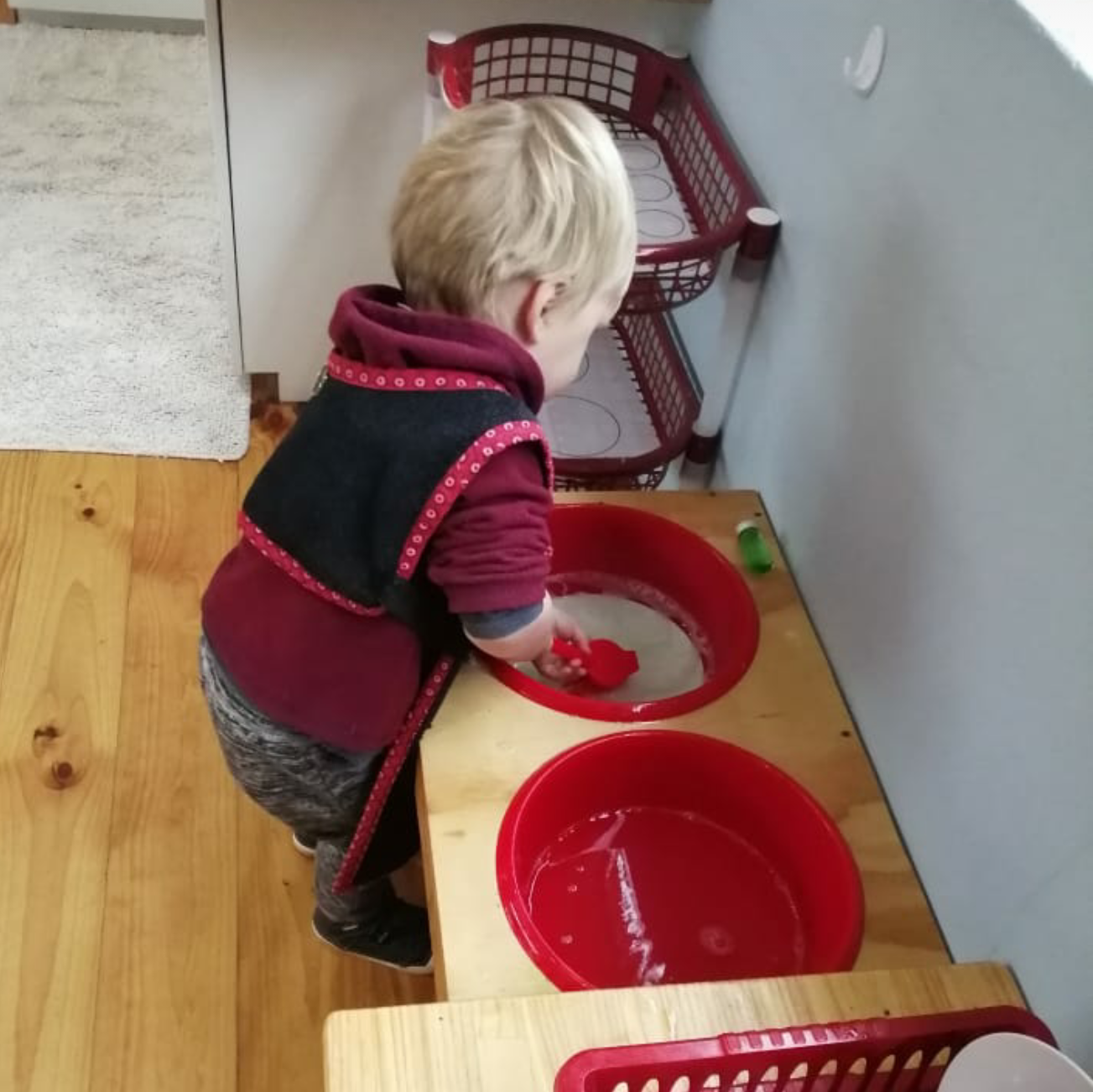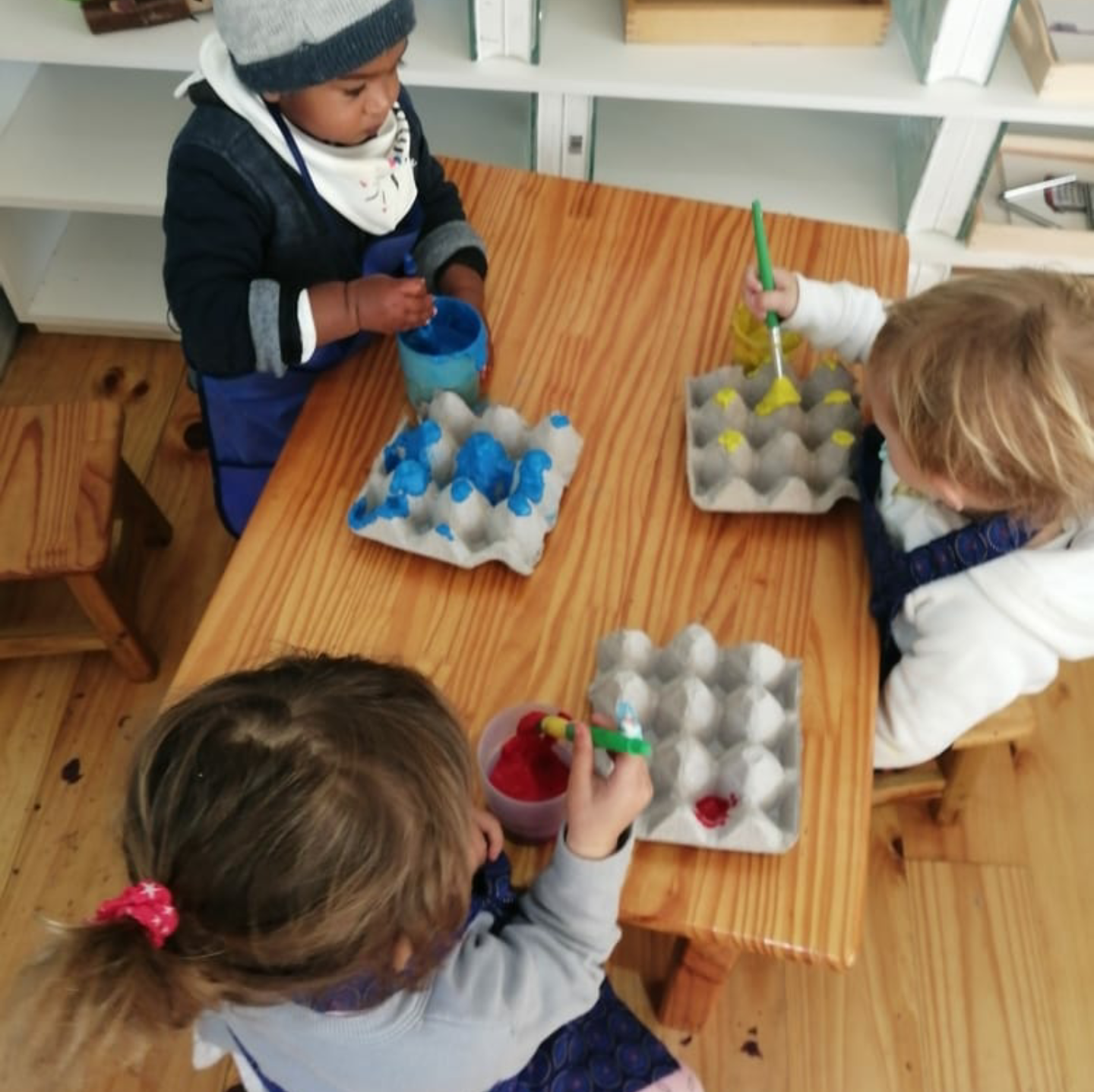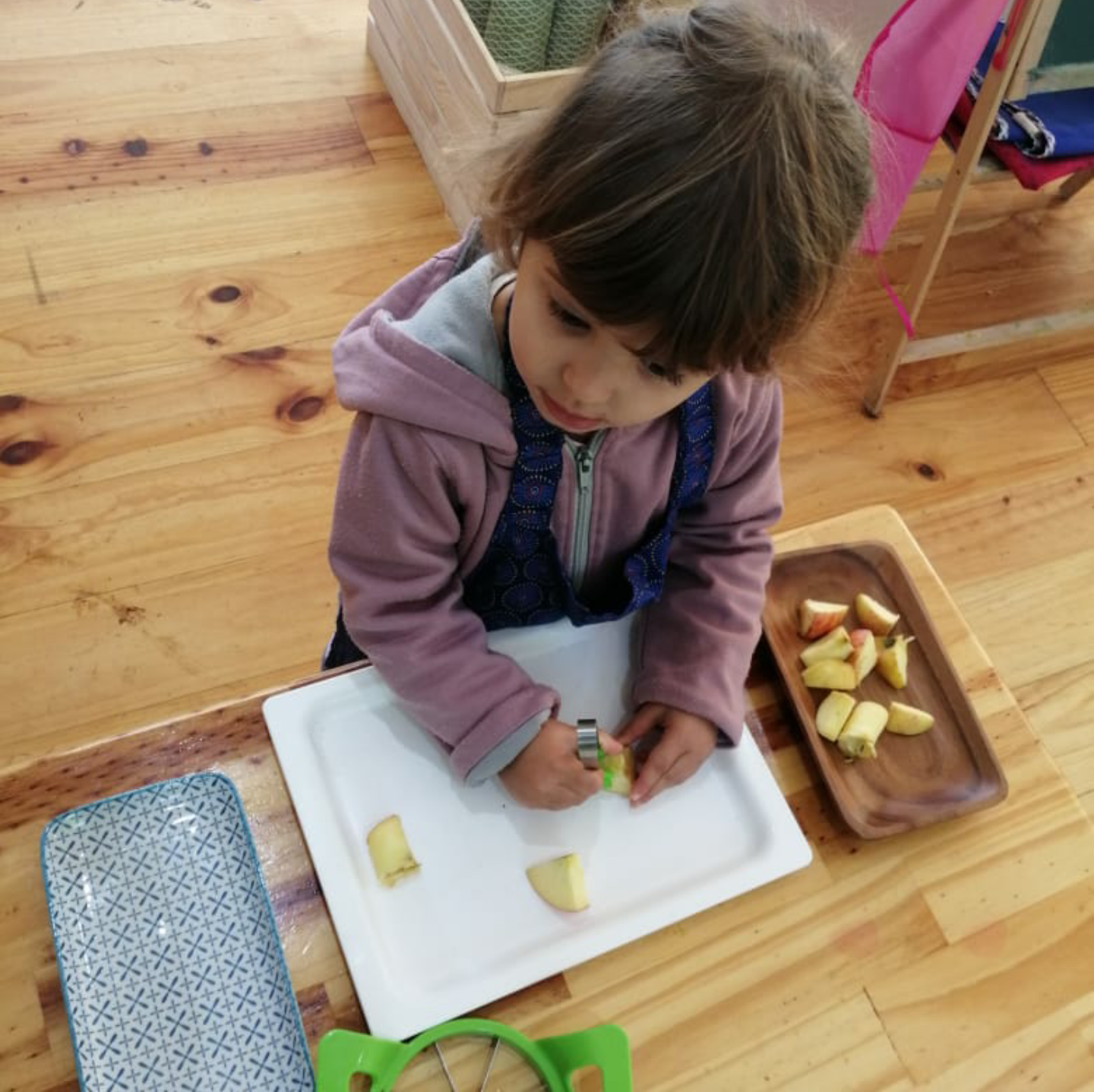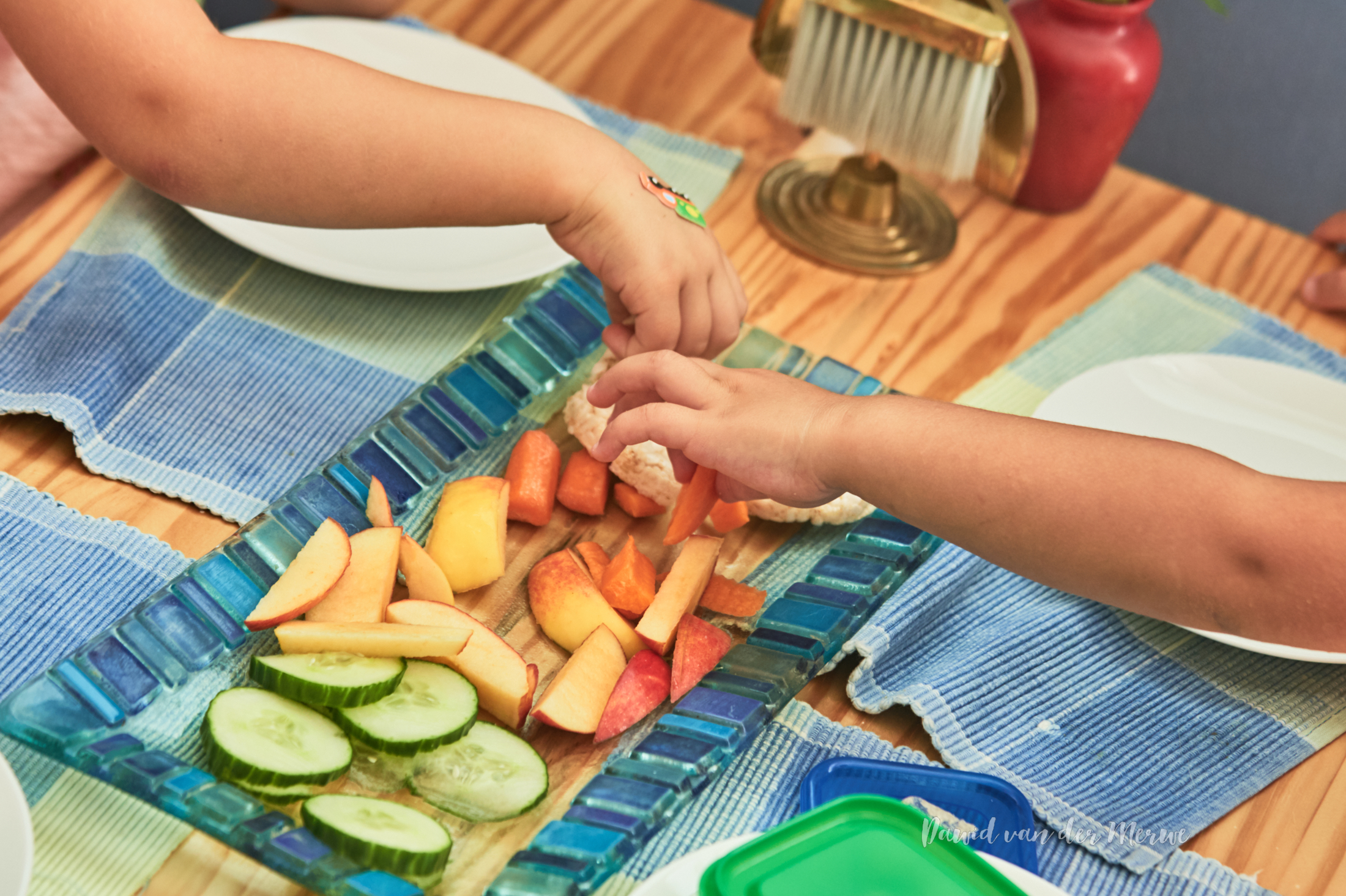Montessori Preschool Education: A Child Centred Approach
What is Montessori Education?
Source: Montessori North West - Educating Adults On The Nature Of Childhood
The Montessori Method of Education, developed by Maria Montessori, is a child-centered educational approach based on scientific observations of children. Montessori's method has been used for over 100 years in many parts of the world.
The Montessori method views the child as the one who is naturally eager for knowledge and capable of initiating learning in a supportive, thoughtfully prepared learning environment. It attempts to develop children physically, socially, emotionally and cognitively.
Montessori environments support the learning of children from birth to middle school:
INFANT/TODDLER
for children aged birth to three years
provide a safe, engaging and nurturing environment for the child
promote trust in themselves and their world
develop confidence in their emerging abilities
develop gross motor coordination, fine motor skills, and language skills
offer opportunities to gain independence in daily tasks
PRIMARY (ALSO CALLED THE CHILDREN’S HOUSE)
for children aged three to six years
foster the growth of functional independence, task persistence and self-regulation
promote social development through respectful, clear communication and safe, natural consequences
contain a large variety of materials for the refinement of sensory perception and the development of literacy and mathematical understanding
offer opportunities for imaginative exploration leading to confident, creative self-expression
ELEMENTARY
for children aged six to twelve years (Lower Elementary, ages six to nine; Upper Elementary, ages nine to twelve)
offer opportunities for collaborative intellectual exploration in which the child’s interests are supported and guided
support the development of self-confidence, imagination, intellectual independence and self-efficacy
foster an understanding of the child’s role in their community, in their culture and in the natural world
ADOLESCENCE (ALSO CALLED FARM SCHOOLS)
for adolescents aged twelve to fifteen years
ideally a working farm in which adolescents engage in all aspects of farm administration and economic interdependence, but also include non-farm environments in urban settings
assist the young adult in the understanding of oneself in wider and wider frames of reference
provide a context for practical application of academics
emphasize the development of self-expression, true self-reliance, and agility in interpersonal relationships.
Dr. Montessori died before the educational approach to this level was completed. However, many Montessori adolescent learning environments exist, with Montessori professionals working towards standards for this level.
Above all, Montessori classrooms at all levels nurture each child’s individual strengths and interests. Montessori education encourages children to explore their world, and to understand and respect the life forms, systems and forces of which it consists.
The Journey to Independence Starts Here
At Cornerstone Children’s Centre for early learners we follow the child's natural development in order to advance learning. Children thrive when they are placed in an environment where they feel secure, are able to move freely and engage in a wide choice of activities specifically suited to their age.
Learning The Ordinary Magic That Constitutes A Life
If you like our Children’s Centre and think that friends’ or neighbours’ children will benefit from attending here, then please share this to your social media pages or interest groups.

